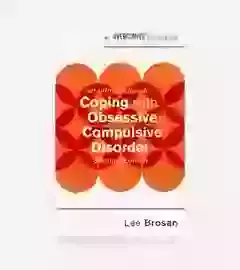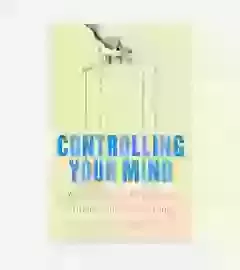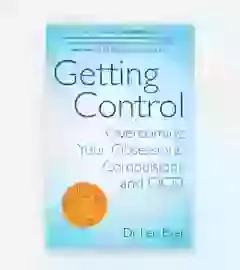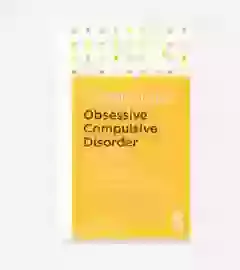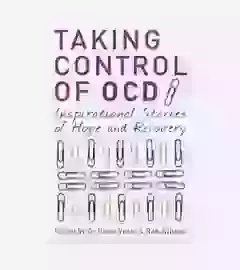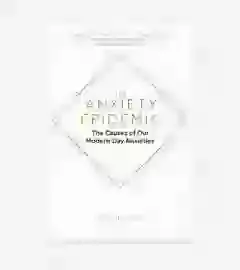Other problems associated with OCD
OCD often occurs alongside other mental health problems. The most common of these is depression, which about a third of people with OCD suffer from. People with OCD also often have low self-esteem, from years of struggling with their condition. Another commonly associated problem is social anxiety. There are also a number of specific related conditions, which are sometimes considered to be aspects of OCD.
Body dysmorphic disorder (BDD)
Body dysmorphic disorder is a preoccupation with aspects of your appearance that are not noticeable to others, making you feel that you are ugly or very unattractive. About 10 percent of people with OCD also have BDD. People with BDD usually perform time-consuming rituals such as mirror-checking and may resort to needless cosmetic surgery.
Health anxiety or hypochondriasis
Hypochondriasis is a preoccupation with a fear that you have a serious disease. A large number of people with OCD have health anxiety, and it's very difficult to distinguish the two. People suffering from it misinterpret normal bodily sensations as evidence of illness, compulsively checking their bodies and seeking constant medical reassurance.
Hoarding disorder
Hoarding is a common condition and almost everyone has some hoarding traits – collecting things excessively and having difficulty getting rid of items. When these traits begin to disrupt your life and clutter your living environment to the extent that you cannot use it for the purpose it was intended, then it may have become a compulsion, and you may have hoarding disorder.
Morbid jealousy
This is a preoccupation with the idea that your partner is being unfaithful. Like OCD, it consists of intrusive worries with compulsive checking and reassurance-seeking. It is not the same as the more severe form of morbid jealousy, associated with alcoholism or psychoses, which can lead to violence or even murder of the partner.
Trichotillomania
Trichotillomania means impulsively pulling out your own hair. People with trichotillomania have a feeling of tension immediately before pulling or when trying to resist the urge, and a feeling of relief when the hair is pulled out.
Tics
Tics are sudden, rapid, recurrent movements or utterances, which are involuntary but can be temporarily suppressed. They often accompany OCD, especially in young people, and are in some ways similar to compulsions. Distinguishing between a tic and a compulsion can be difficult, but there are some differences: you usually know when a tic is coming, tics can usually be suppressed temporarily (whereas compulsions can be resisted permanently), and tics are done without a reason (whereas compulsions are done with the aim of reducing anxiety or preventing harm).
Tics are classified as being motor (movements) or vocal, and simple or complex. Simple motor tics include blinking, face grimacing or head jerks, while complex ones include facial gestures, obscene gestures, biting or tapping. Examples of simple vocal tics are sudden throat-clearing, sniffling, screeching or grunting; complex ones are sudden words or phrases. Complex vocal tics can include obscene words: this is called coprolalia. Making obscene gestures is called copropraxia.
Tourette's syndrome
This is the condition where someone has both complex motor and vocal tics, with or without coprolalia or copropraxia. At least half of the people with Tourette's syndrome have OCD symptoms.


